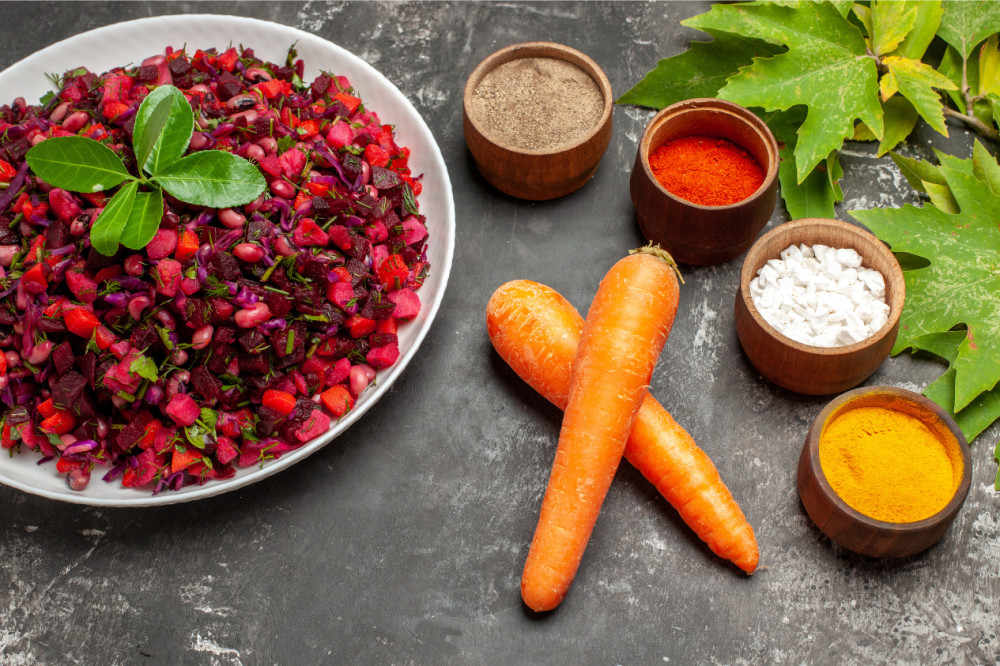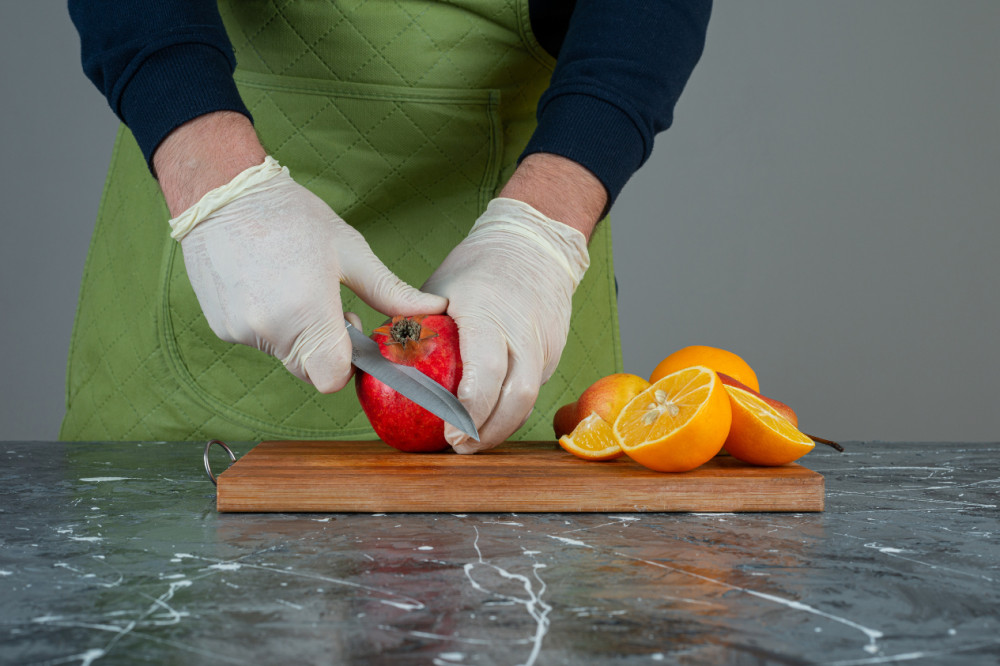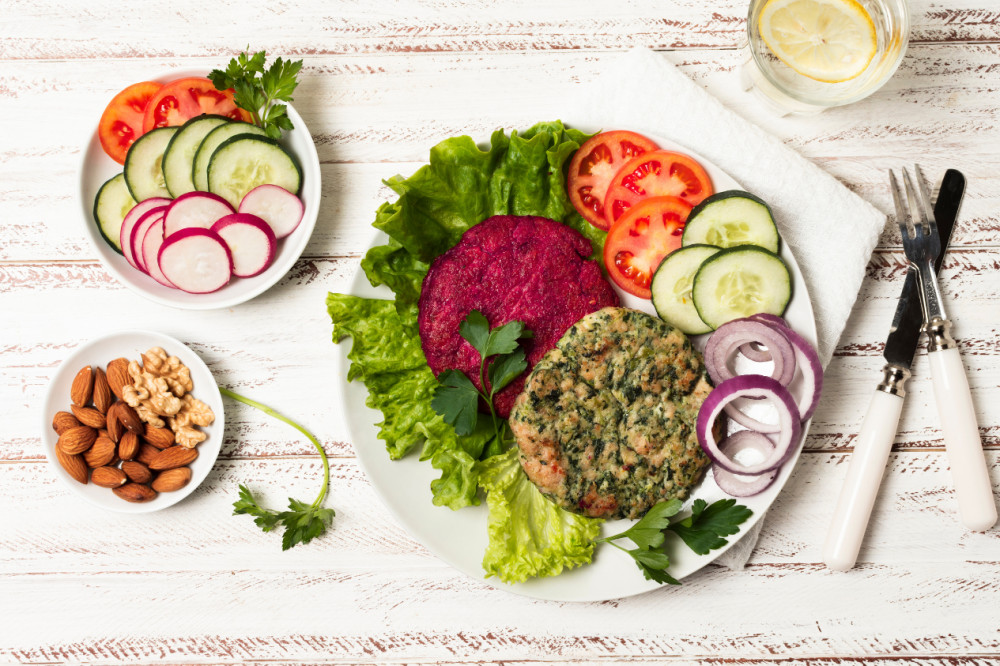
Immunity Boosters for All …
Immunity Boosters for All …
A list of must-haves to up your immunity quotient
Intro
With no vaccine currently available for the COVID-19 pandemic the adage ‘prevention is better than cure’ is brought to the fore with a lot of thrust being laid on boosting our immunity power. And the best part is we don’t need to look further then our pantry for the same!
Since time immemorial our grandparents have been harping on the universal truth that a nutritious diet and an optimally functioning immune system go hand-in-hand. A sturdy immune system can enable our body to safeguard us from any disease, even the menacing Novel Coronavirus.
Besides reducing stress levels, exercising and getting good sleep the other option to boost our immune system is dropping in at our general practitioner and requesting him to prescribe a list of supplements which are readily and perennially available at our local pharmacy. But rather than pumping in artificial supplements wouldn’t it be safer to search for these immunity booster vitamins and minerals in our daily food and ensure that we consume the same on a regular basis? The add-on is that we can also experiment with preparing some new dishes or beverages.
Foodism lists out some vitamins and foods which can be easily integrated into your diet facilitating a strong immune system which will help fight the contagious COVID-19 -
Poultry
Chicken soup has been considered the ultimate comfort food for cold - it’s not just the placebo effect which makes you feel better; basically chicken soup reduces inflammation leading to relief in the symptoms of cold.
Chicken and turkey are high in vitamin B-6 – which is vital to the formation of new and healthy red blood cells. Broth prepared by boiling chicken bones contains chondroitin, gelatine and other nutrients which facilitate gut healing and immunity.
Shellfish
Zinc is required by our body for smoother functioning of - immune cells and metabolism. Varieties of shellfish which are rich in zinc include – oysters, lobsters, mussels and crabs
Vegetarians can source their zinc from cashews, pumpkin seeds, chickpeas et al.
Basil and Star Anise
These are natural anti-virus food items which render protection from seasonal flu, boost immunity and flush out toxins. Boiling three to four leaves of each in water and consuming it hot is advisable
Citrus Fruits
Almost all citrus fruits are high in vitamin c which is credited with increasing the production of white blood cells that play a key role in fighting infections. Choose from – oranges, grapefruit, tangerines, lemons, limes, clementines et al
Remember as your body doesn’t produce or store vitamin C you need a daily dose for continued health.
Red Bell Peppers
Red bell peppers contain almost thrice as much vitamin C as citrus fruits; alongside being a rich source of beta carotene. So these benefits translate to – a boost to your immune system; healthy skin and eyes.
Ginger
Most people turn to ginger after getting sick as its anti-inflammatory quality helps reduce a sore throat and inflammatory illnesses.
Ginger also helps alleviate nausea and chronic pain; besides possessing cholesterol-lowering properties.
Yogurt
Opt for plain yogurts (you can sweeten it with healthy fruits and a dash of honey) with the phrase “live and active cultures” printed on the label. As these cultures play a pivotal role in stimulating your immune system helping you fight diseases.
Yogurt is considered to be a great source of vitamin D that helps regulate the immune system and is credited with boosting our body’s natural defences against diseases.
Almonds
Powerful antioxidant vitamin E holds the key to a healthy immune system. It’s a fat-soluble vitamin, (it requires the presence of fat to be absorbed properly) and hence works best with almonds, as the latter also have healthy fats.
Sunflower Seeds
Sunflower seeds are full of - phosphorous, magnesium, selenium and vitamins B-6 and E. Selenium is purported to be a potential combatant for viral infections like the H1N1 (swine flu)
Turmeric
A mandate for curries, this bright yellow, bitter spice has also been used for years as an anti-inflammatory in treating both osteoarthritis and rheumatoid arthritis. Turmeric is a rich source of curcumin, which holds promise as an immune booster and an antiviral
Green Tea
Both green and black teas are overflowing with flavonoids, a type of antioxidant.
But unlike black tea, which undergoes fermentation process, green tea is steamed; hence it boasts of high levels of the powerful antioxidant Epigallocatechin Gallate (EGCG) which is known to enhance immunity levels. Moreover green tea is also a rich source of the amino acid L-Theanine that aids in the production of germ-fighting compounds in your T cells.
Kiwi
Alike papayas, kiwis are naturally full of multiple essential nutrients including - folate, potassium, vitamin K and vitamin C.
Broccoli
One of the healthiest vegetables to put on your plate, broccoli is replete with vitamins (A, C and E), fibre, antioxidants and minerals. Maximize on all these pluses by ensuring that it’s eaten - steamed or raw.
Garlic
Inherent in almost every cuisine in the world, garlic adds a dash of zing to food. Ancient civilizations swore by its infection fighting capacity. Additionally garlic is credited with - slowing down hardening of the arteries; and lowering blood pressure. The immune-boosting properties of garlic lie in the heavy concentration of sulphur-containing compounds, such as allicin.
Papaya
Papaya is loaded with vitamin C, potassium, magnesium, folate and a digestive enzyme termed papain that has been credited with anti-inflammatory effects.
Spinach
Spinach is not just rich in vitamin C but also packed with numerous antioxidants and beta carotene, which increase the infection-fighting ability of our immune systems. Alike broccoli, spinach too should be lightly cooked facilitating easer absorption of vitamin A and release of other nutrients.
Eating right is a great start, but there are other things you need to do to protect yourself and your family from the flu, cold, and other illnesses. These include – keeping stress at bay; sleeping well; exercising regularly; quitting smoking; absorbing more of the natural source of vitamin D (sunlight); and most important maintaining a positive mind-set.
Related Blogs

Why Local Ingredients Make Every Recipe Better
75 Views

Tea Beyond Borders: Unique Brews from India & the World
72 Views

Root to Rise: Winter Recipes with Carrot and Beet
72 Views

Kitchen Hygiene 101: Food Safety We Often Forget
209 Views

Plant-Based Revolution: Dishes That Don’t Miss Meat
238 Views